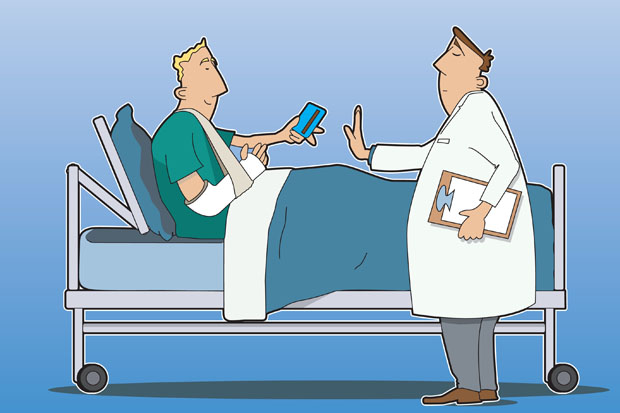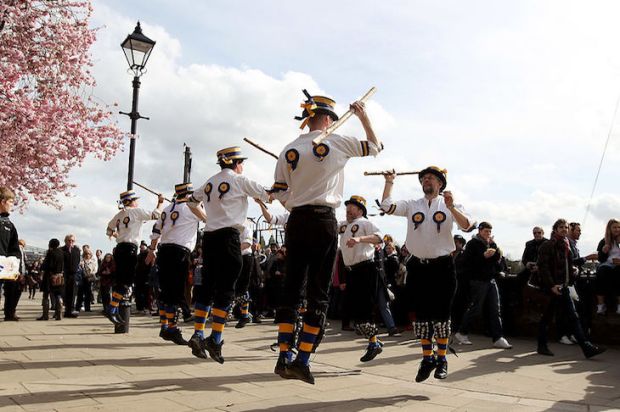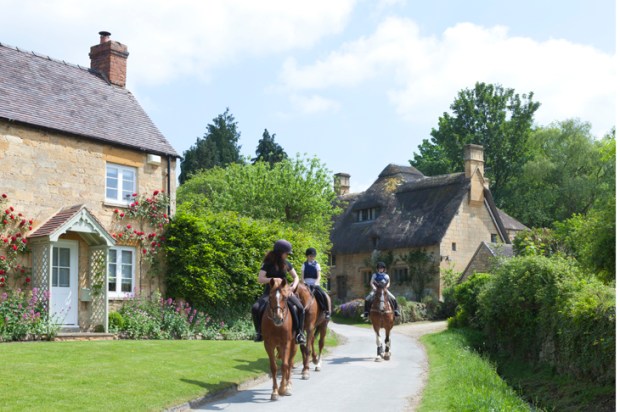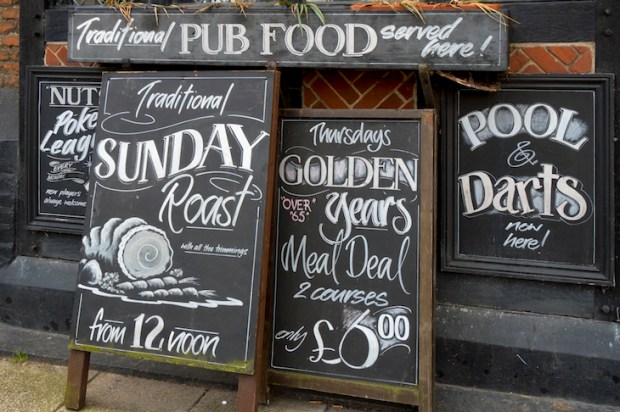The Israeli chef and I have become firm friends since he moved out of my flat. He has his own place now, and is trying to find a job.
I take him horse riding at the weekends. On the way down the A3 he asks me all sorts of questions about his new life in Britain and the things he is struggling to make sense of.
Like why he can’t get a work visa. He is very upset about this. ‘You have to understand,’ I explain, ‘that the mistake you made was to come here legally and apply to the system honestly and openly, stating clearly that you wanted to find work.’
I glanced at him as I drove, surveying his handsome baby face, dark skin, slightly curly black hair.
‘It may be too late now, but if you could pretend to be 12 and from Syria you would find our country a lot more welcoming. And I have to say, you look a lot more like a Syrian child than most of the ones I’ve seen in the paper. However, if you did that you might have to go to school on a sink estate for a bit.’
The Israeli chef knows all about sink estates because while he was staying with me on Airbnb, he went house-hunting on a Brixton estate because he had heard me boasting about spending the weekend on a friend’s shooting estate.
He traipsed back looking very despondent. ‘How did it go?’ I asked. ‘It was terrible. I went to an estate but it wasn’t nice, like the one you went to, with the lovely big house.’
So I had to explain that in England there are two kinds of estate, each one being the polar opposite of the other.
‘Although, the estate you went to probably was a shooting estate, in its way. It’s just they weren’t shooting pheasants, they were shooting people.’
He always nods conscientiously and tries to look like he understands these home truths I’m telling him about the country he has come to, believing the streets are paved in gold.
It is interesting to see it from the point of view of the settler, to see the young people who come here on travel visas trying to convert them to work visas, and thereafter, one supposes, into indefinite leave to remain.
While he was staying with me he got very upset about Brexit until I explained that if it weren’t for our being in a Europe of open borders, there would be plenty of space left for skilled people like him.
But it’s no use me trying to convince him of the difficulties, because shortly before he moved out and went to live with a couple of hipsters with green hair, he got hit in the eye by a tennis ball while playing at my local tennis club.
That night he came home with a black eye, still slightly dazed, and told me about his day. After the accident, the coach took him to my local GP surgery where there is a walk-in minor injuries clinic.
‘Dear God, how long did you wait?’ I asked, having never been seen there for any injury myself, despite various attempts. ‘Presumably you didn’t get seen and you’ve no idea what to do now?’
‘No,’ he said. ‘It was fine. They saw me quite quickly. About an hour. And they weren’t sure about my eye so they sent me to Moorfields Eye Hospital. That was a very nice place. And the eye surgeon checked me over and made sure it was all right.’
‘What now?’ I said, sitting bolt upright on the sofa and putting the TV on mute. ‘You’re saying you’ve been seen, today, by my local doctor, who I can’t get an appointment with for love nor money, and you’ve also been to Moorfields? And been seen by a specialist? What did they charge you?’
‘Charge?’
‘Yes, the bill.’
‘No bill.’
Of course, I’m very happy for my new Israeli friend to have gained access to free healthcare in Britain so promptly, without anyone asking him any bothersome questions, but there is a point of principle here. Not least the fact that he doesn’t seem to be short of cash, and was only injured in the first place because he’s joined a tennis club that I can’t afford to play at.
So I said to him: ‘Can I ask you what would have happened if I had got hit in the eye by a tennis ball in Tel Aviv and gone to see your doctor?’
He laughed. ‘Well, you’d have to pay of course.’
‘And the best eye clinic in Israel? Do you think they would have seen me for free?’
‘Oh no. They would have charged you a lot of money.’
At least we all know where we stand.
The post Real life appeared first on The Spectator.
Got something to add? Join the discussion and comment below.
Get 10 issues for just $10
Subscribe to The Spectator Australia today for the next 10 magazine issues, plus full online access, for just $10.
You might disagree with half of it, but you’ll enjoy reading all of it. Try your first month for free, then just $2 a week for the remainder of your first year.















Comments
Don't miss out
Join the conversation with other Spectator Australia readers. Subscribe to leave a comment.
SUBSCRIBEAlready a subscriber? Log in